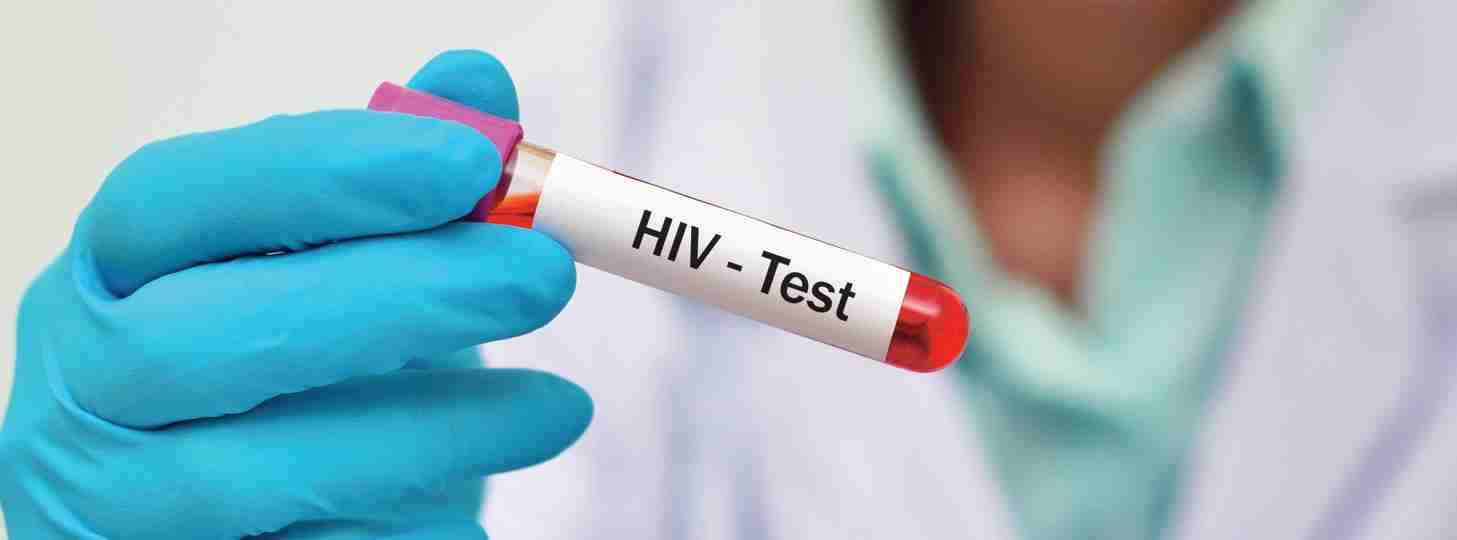Imagine if Congress, with one simple action, could help end a 40-year-old epidemic, erase some of the racial inequities in health care, and save money in the process. That may sound too good to be true. But lawmakers can do it if they fund expanding access programs to a highly effective HIV drug in the 2023 spending bill.
The medication is called pre-exposure prophylaxis, better known as PrEP. It cuts the risk of contracting HIV from sex — the primary means of transmission — by 99%. Rates of use have gone up in recent years, yet the Centers for Disease Control and Prevention estimates that among those who could benefit from the drug, only a quarter have a prescription.
Why is uptake so limited?
HIV stigma still plays a role in access to medication. Another issue may be cost, even though most insurance plans are required to fully cover, without cost-sharing, PrEP drugs under the Affordable Care Act. Insurers often break the rules, either charging for the drug itself or for associated office visits and lab fees, which drives patients away.
Another problem is lack of awareness — about HIV in general, and PrEP in particular. Many Americans view HIV as a disease that raged in the eighties and nineties.
But HIV, which has killed more than 700,000 Americans, is still a serious problem, claiming nearly one million lives around the globe each year. Some 1.2 million people in the United States have HIV today, with more than 35,000 new infections each year.
And as a study from Johns Hopkins Bloomberg School of Public Health shows, there’s a racial disparity at play. Black people are less than half as likely as whites to know about PrEP, even though they make up a disproportionate number of new HIV cases. According to CDC data, 65% of white Americans eligible for PrEP have a prescription, compared to only 9% of Black Americans and 16% of Hispanics.
That’s why it’s essential that lawmakers approve expansion of PrEP access for the 2023 fiscal year. A coalition of patient advocacy organizations, including mine, recently proposed the creation of a new national PrEP program within the CDC, funded at $400 million for next year.
For maximum impact, such a program should distribute grants to clinics, community organizations, and local health departments, which can use them to help cover the cost of PrEP, hire and train more providers, and expand outreach efforts to build awareness and overcome stigma.
And since federal budgets are federal budgets, lawmakers should keep in mind that a new PrEP program would save the government money in the long run. The lifetime cost to treat a single HIV infection is about $380,000, according to the CDC. Multiplied by the number of new U.S. infections per year, that works out to $13.3 billion.
More importantly, though, we can save lives, and help end an epidemic that has claimed far too many people. We have the tools and the will. All we lack is the funding. It’s time for Congress to act.
Carl Schmid is executive director of the HIV+Hepatitis Policy Institute, which promotes high-quality, affordable health care for people living with or at risk of HIV, hepatitis, and other serious and chronic health conditions.










No Comment